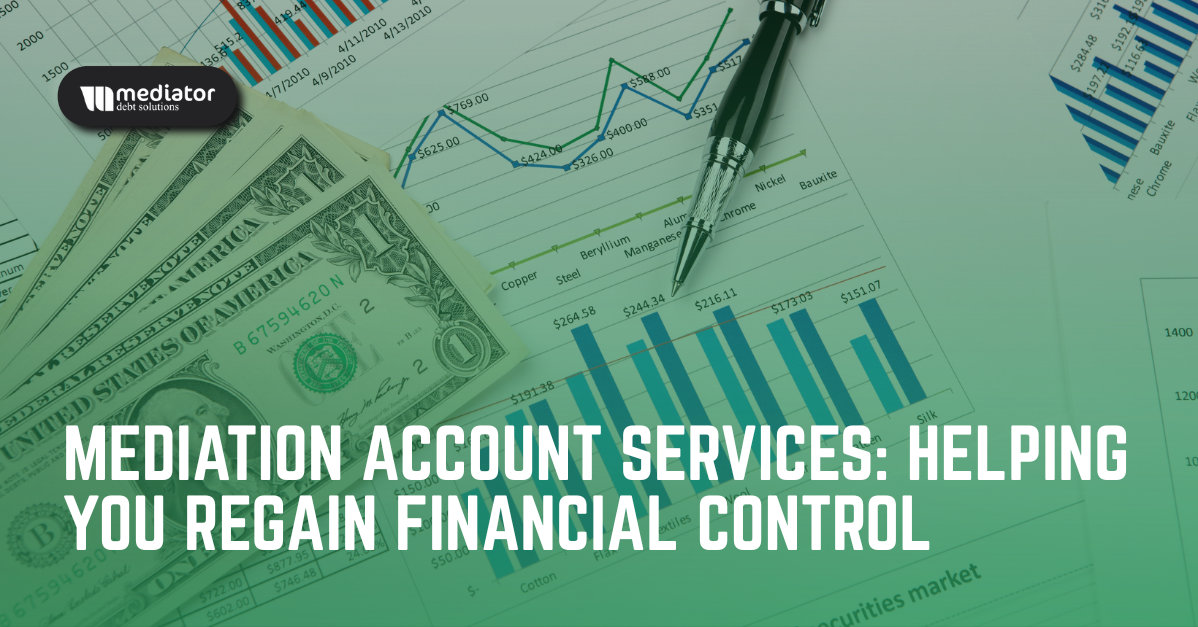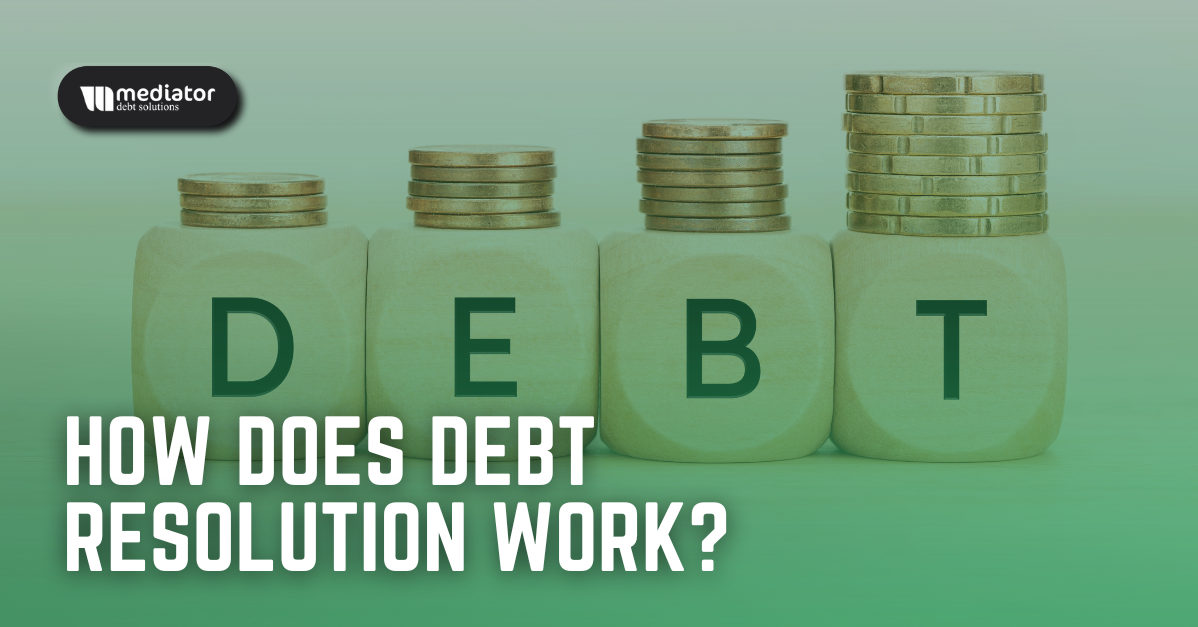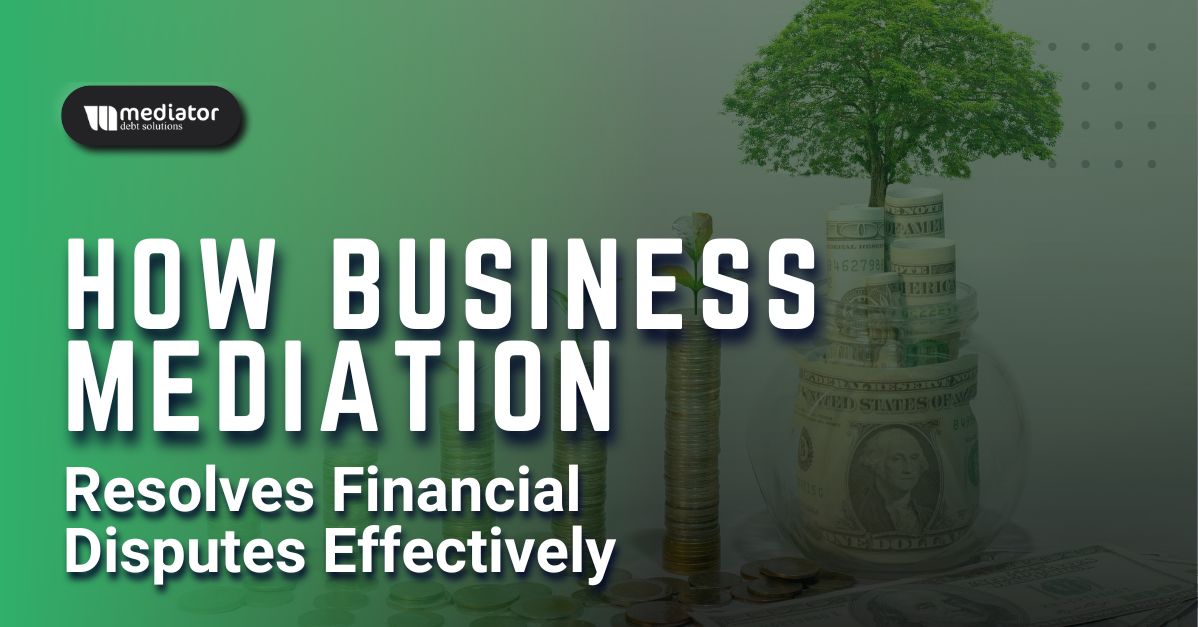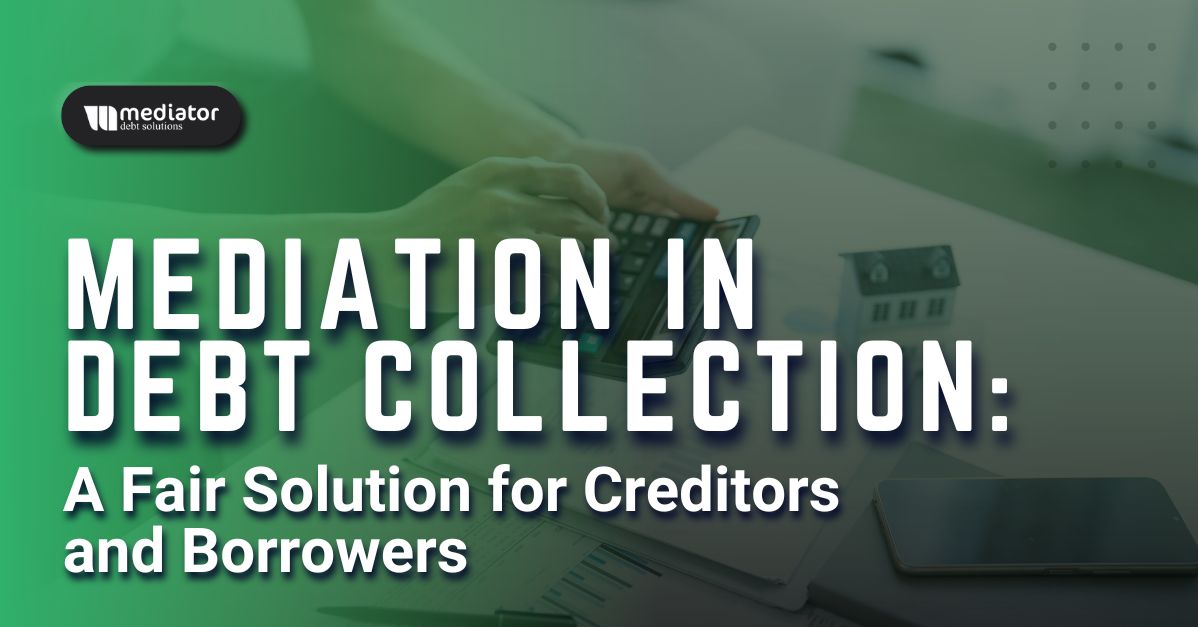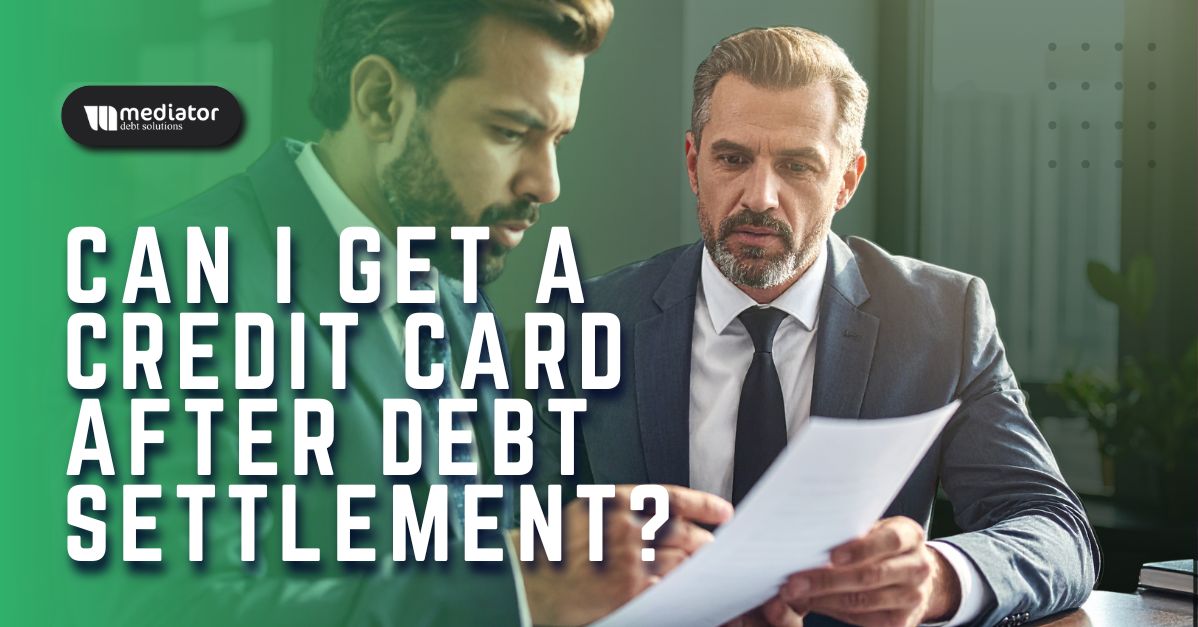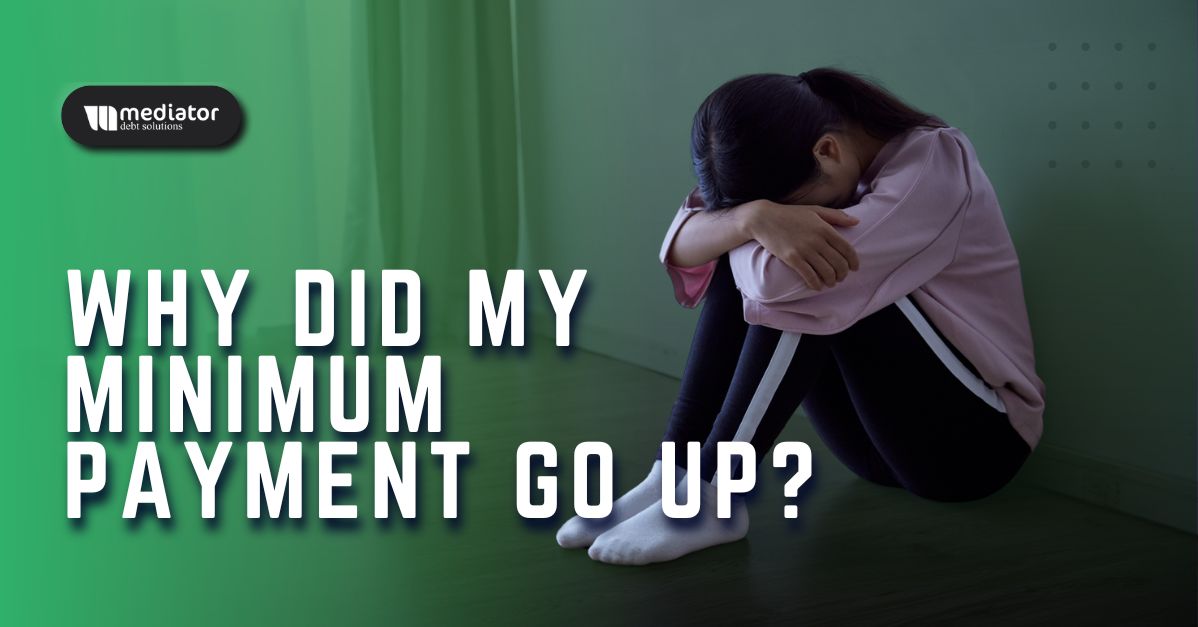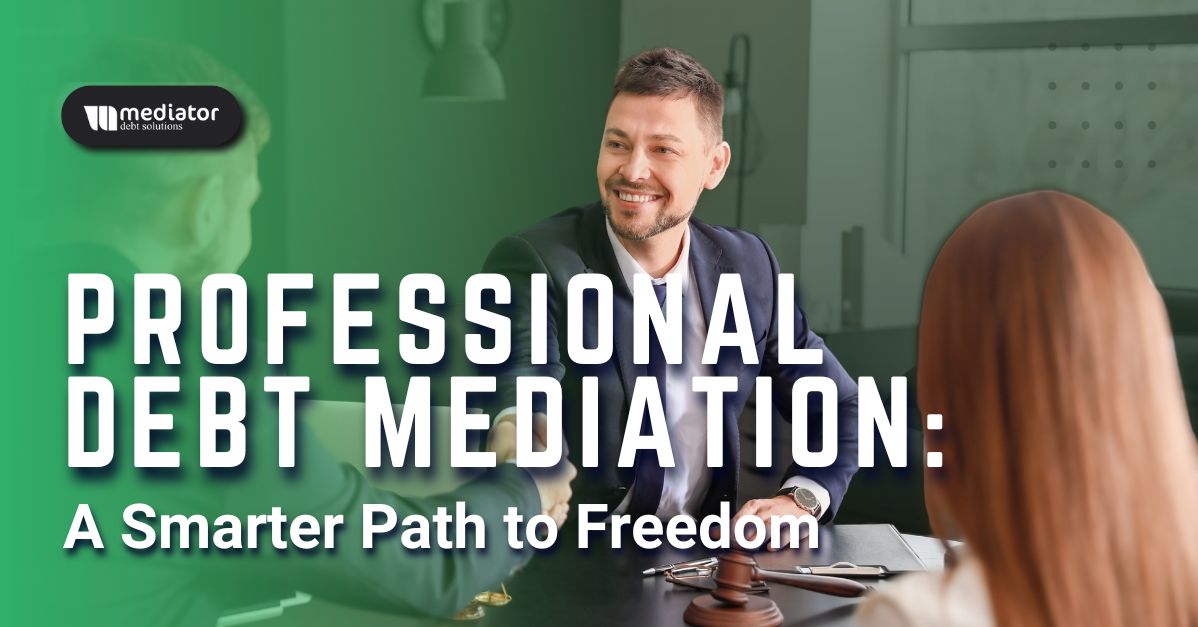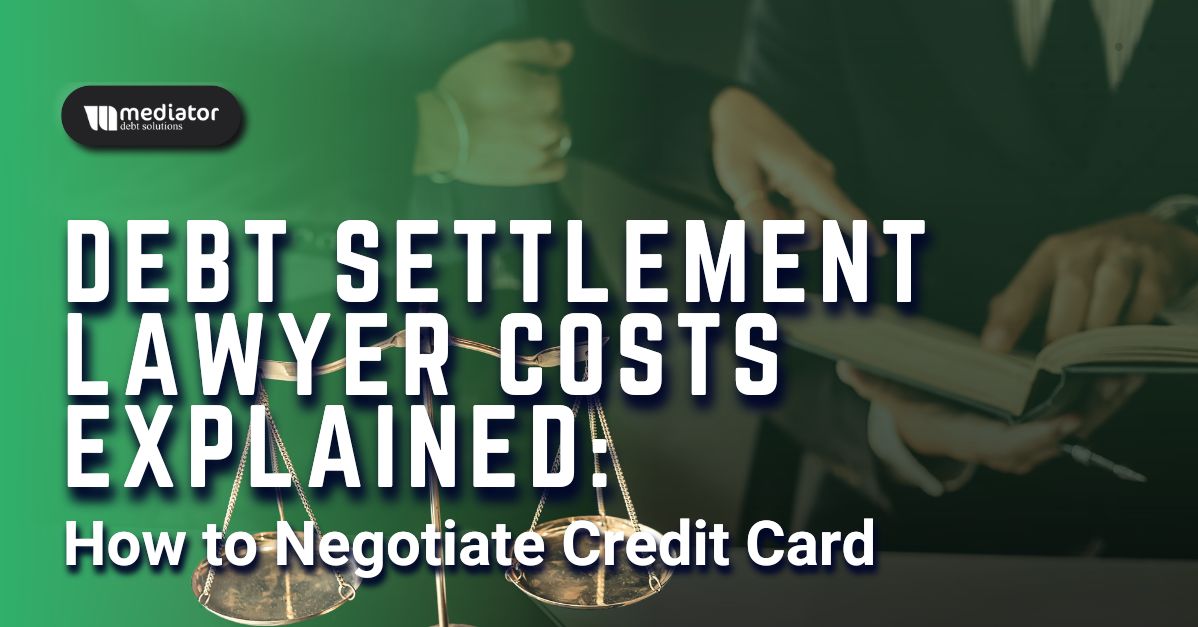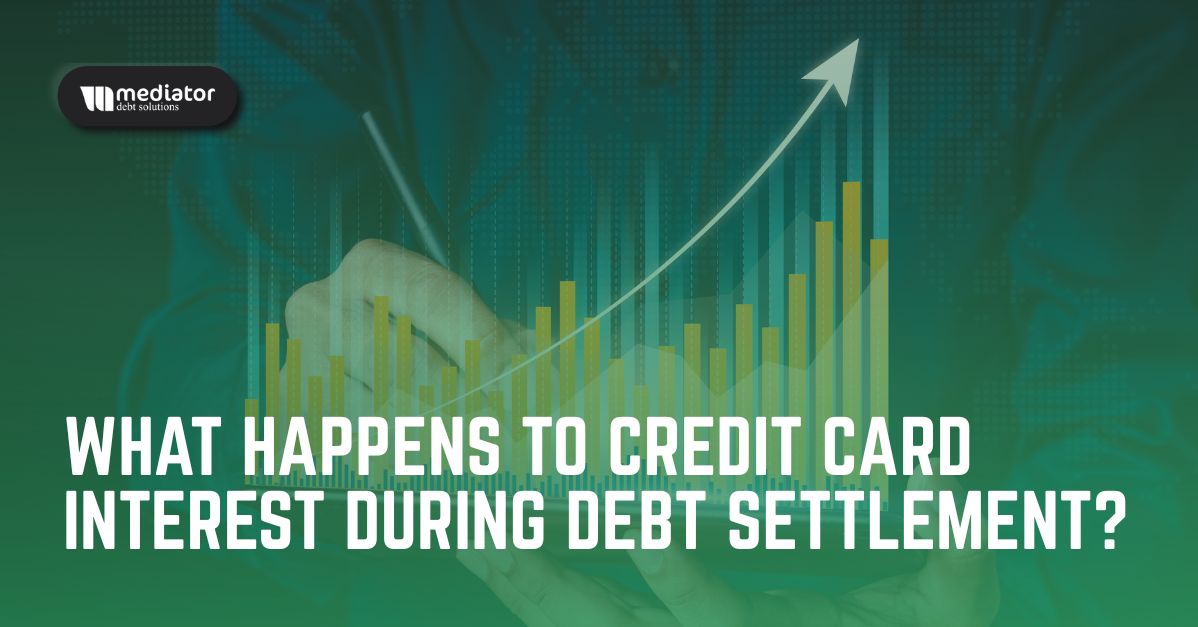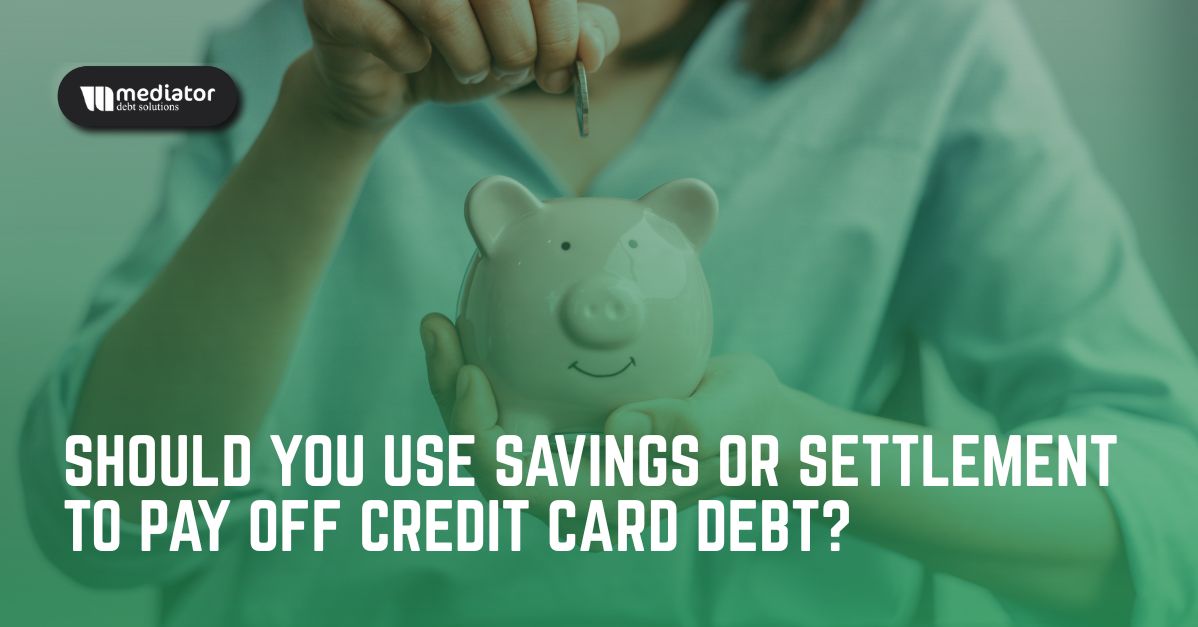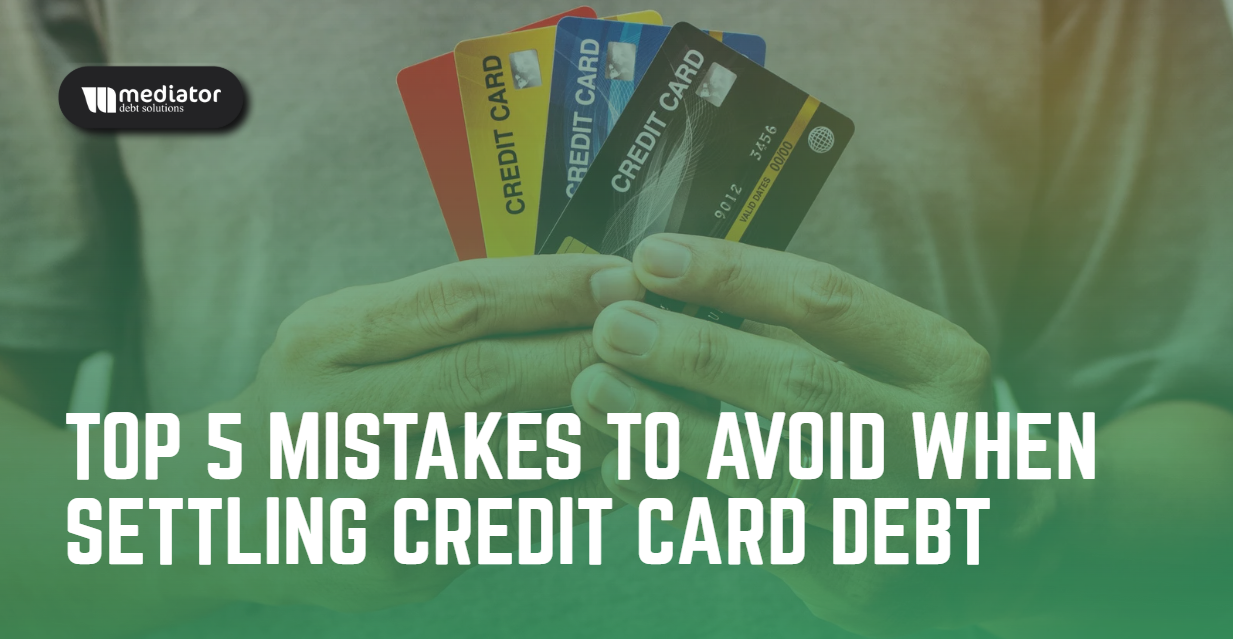Being debt-free isn’t just the American dream; it’s a universal aspiration that many strive for. But can that dream become a reality? Is it truly possible to be completely debt-free? The answer is a resounding yes! By adopting the right mindset and strategies, anyone can learn how to become debt free. It’s not just about eliminating debt; it’s about creating a sustainable financial future where you can enjoy peace of mind and pursue your dreams without the weight of financial burdens holding you back.
In this blog, we’ll explore how to become debt free and steps that will help you achieve that coveted state of financial freedom!
Is All Debt Bad?
Debt isn’t always bad—it can be a tool for building financial health if used wisely. The difference lies in whether the debt ultimately benefits you financially or becomes a burden.
Good debt generally offers a return on investment, like a mortgage, student loan, or business loan, which can lead to increased income or asset growth. These debts can help you build wealth and financial stability when managed responsibly.
On the other hand, bad debt typically involves borrowing money for expenses that don’t add financial value, such as high-interest credit card debt or personal loans for non-essential purchases. These debts often come with high interest rates, making payments harder to keep up with and leading to long-term financial strain.
In this blog, we’ll focus on strategies for becoming debt-free by tackling bad debt so you can regain control of your finances and work toward a more stable financial future.
How To Become Debt-Free
The right debt solution depends on several factors, such as your ability to cover minimum payments, your credit score, and whether you’re up-to-date on payments. Consider these questions before moving forward:
- Can I cover at least the minimum payments on all my debts? Review your budget to see if your income, after expenses, is enough to meet the minimum payments. Any extra cash can help speed up debt repayment.
- Am I current on my payments? Your payment history can impact your options. If you haven’t missed any payments, creditors may be more willing to negotiate better terms, like reduced interest rates.
- What is my credit score? Some debt solutions, like balance transfer cards, are generally available to those with good or excellent credit. Unsure of your score? You can check it for free through resources like LendingTree Spring without affecting your score.
Once you have a clear view of your financial standing and credit status, you’ll be ready to explore the best ways to pay off your debt.
The Best Debt Solution For You
Finding the right solution for managing your debt depends on your ability to make current payments, credit score, and payment history. Deb settlement could be a great option if you’re struggling to keep up with minimum payments or facing missed payments.
With debt settlement, you’ll work toward a final agreement to pay off your debts for less than what you owe without the constant cycle of minimum payments that largely go toward interest. This process can help reduce your overall debt faster, and you’ll also have relief from frequent creditor communications as debt settlement negotiates with creditors on your behalf.
Once you have a clear understanding of your financial situation, debt settlement can provide a realistic path to becoming debt-free. It allows you to rebuild financially with fewer obligations weighing you down.


